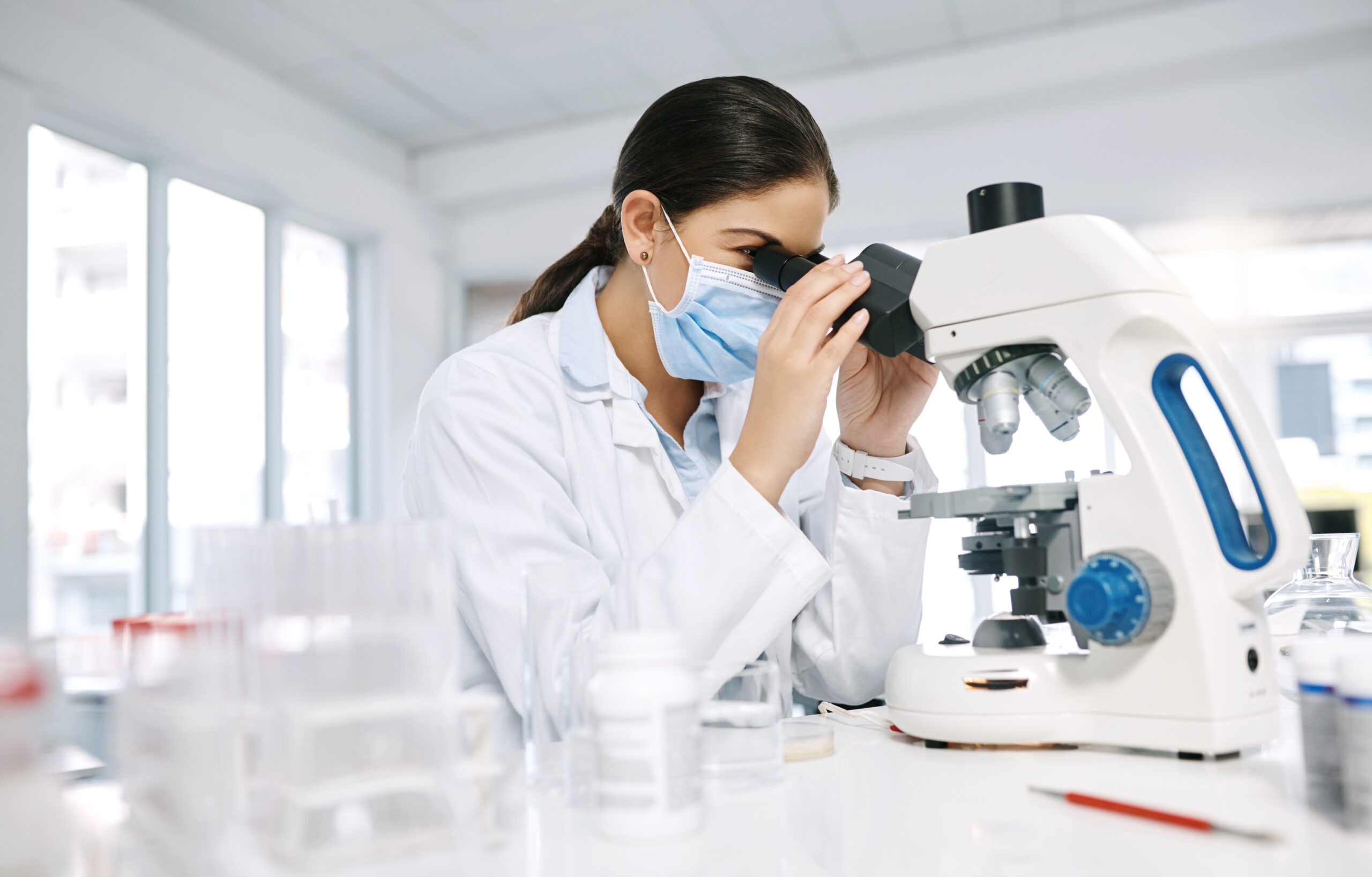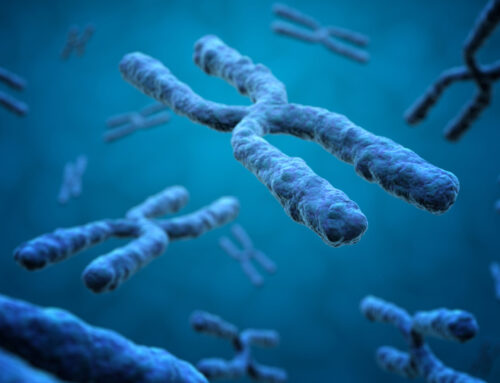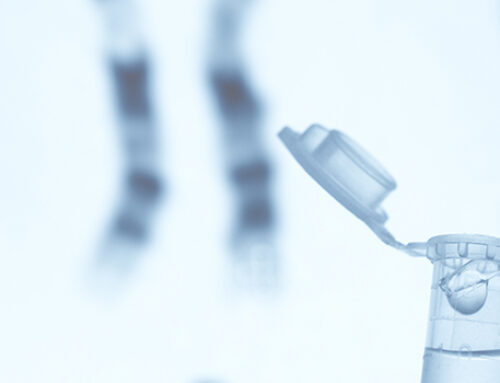If you’re proactively looking to reduce your cancer risk—whether due to family history, genetics, lifestyle, or past exposures—there are several biomarkers and screening tests you can ask your physician about. These can help detect early warning signs, guide lifestyle changes, and in some cases, intervene before cancer develops.
Here’s a categorized guide to the best biomarkers to consider for cancer risk mitigation:
???? 1. Genetic & Hereditary Risk Markers
Ask your doctor about genetic testing if you have a strong family history of cancer (especially early onset, multiple types, or rare cancers).
Key Genetic Panels:
- BRCA1/BRCA2 – Breast, ovarian, prostate, and pancreatic cancer risk
- TP53 – Li-Fraumeni syndrome (multiple early cancers)
- APC, MUTYH – Colorectal cancer and polyposis syndromes
- MLH1, MSH2, MSH6, PMS2, EPCAM – Lynch syndrome (colon, uterine, ovarian)
- CDKN2A – Melanoma and pancreatic cancer
- CHEK2, PALB2, ATM – Moderate-risk cancer predisposition genes
???? Ask for: “Hereditary cancer panel” or “comprehensive germline genetic testing.”
⚠️ These tests often require genetic counseling before/after.
???? 2. Blood-Based Biomarkers for Inflammation & Cellular Health
Chronic inflammation and oxidative stress contribute to cancer development. These markers aren’t diagnostic, but can highlight biological imbalance:
- hs-CRP (high-sensitivity C-reactive protein) – Chronic inflammation
- Fibrinogen – Coagulation and inflammatory marker
- Homocysteine – Elevated in B-vitamin deficiencies, oxidative stress
- GGT (gamma-glutamyl transferase) – Linked to liver function and oxidative stress
- LDH (lactate dehydrogenase) – Cellular turnover (elevated in many cancers)
- 8-OHdG (urinary) – DNA oxidative damage marker
- Telomere length testing – Marker of cellular aging (optional)
???? 3. Metabolic and Hormonal Biomarkers
Cancer thrives in disrupted metabolic and hormonal environments. These tests help detect high-risk patterns:
- HbA1c and fasting insulin – Hyperinsulinemia and insulin resistance increase risk (esp. breast, colon)
- Estradiol, Testosterone, DHEA, SHBG – Hormone-related cancers (breast, prostate, endometrial)
- IGF-1 (Insulin-like growth factor 1) – Elevated levels linked to increased cell growth and cancer risk
- Vitamin D (25(OH)D) – Low levels associated with many cancer types (optimal is 40–60 ng/mL)
???? 4. Stool and Microbiome Markers
- FIT (Fecal Immunochemical Test) – Screens for hidden blood in stool (colon cancer screening)
- Cologuard® (DNA + FIT) – Detects abnormal DNA and blood in stool (noninvasive colon cancer screen)
- Microbiome sequencing – Emerging evidence links dysbiosis with colon, pancreatic, and breast cancer risk
???? 5. Liquid Biopsy for Early Cancer Detection (Optional/Advanced)
These are not standard yet, but gaining ground for high-risk patients:
- Galleri® (multi-cancer early detection test) – Detects over 50 types of cancer via DNA methylation from a blood sample
- Signatera™, Guardant360® – Mostly used for cancer recurrence monitoring, but increasingly studied in high-risk groups
???? These are often out-of-pocket unless part of clinical trials.
✅ What to Ask Your Physician
You can say:
“I’m interested in reducing my cancer risk based on my family history/lifestyle/age. Can we order any biomarker or genetic tests to screen for early warning signs or guide prevention?”
Ask about:
- Family history and hereditary cancer panels
- Annual screening labs that reflect inflammation, hormones, glucose metabolism
- Cancer-specific screening based on age, sex, and risk (e.g., PSA, FIT, mammogram, etc.)
???? Final Tip
A biomarker consultant or cancer prevention specialist (like a molecular oncology advisor or integrative MD) can help you:
- Choose the right tests
- Interpret confusing results
- Recommend personalized prevention strategies (nutrition, detox, hormone balance, targeted supplements)





Leave A Comment